Welcome
I started this blog in 2013 to share my reflections on reading, writing and psychology, along with my journey to become a published novelist. I soon graduated to about twenty book reviews a month and a weekly 99-word story. Ten years later, I've transferred my writing / publication updates to my new website but will continue here with occasional reviews and flash fiction pieces, and maybe the odd personal post.
|
Martha might be twice the age of Ia in All Rivers Run Free, and could well have more than twice her education and wealth, but she shares her grief at lost loved-ones, and expectations, in a simple dwelling where the land meets the sea. Both are in parts of the British Isles that have suffered financial and cultural erosion as a result of English domination, although the Ireland where Martha’s deceased husband had a cottage is experiencing an economic revival, while Ia’s Cornwall is even more desolate for the rural poor than it is today. The authors of both these novels are female poets; read on to see whether either takes your fancy.
4 Comments
As far as I’m concerned, the welfare of babies and young children is a collective responsibility, so I offer no apologies for linking these three books. The first is a historical novel that begins with a fascinating account of the experience of a wet nurse in nineteenth century Spain, before moving on to the adult lives of the princess who had first turn at the breast and her milk brother, the woman’s own baby. The second is a contemporary novel set a century later, about a young American woman working as a nanny to a Japanese toddler. Both novels show the strength of attachment we can have to other people’s offspring. The third book is an uncompromising and moving memoir about a young Englishwoman who becomes pregnant as a student and decides to keep the child. Finally, because a baby is a kind of harvest of the womb, we finish with this week’s flash.
With my shameful disregard for non-fiction, I glean many of my facts from fiction. So I was delighted to receive advance copies of two debut novels published this month that I hoped would extend my knowledge of shameful periods of Australian and Scottish history that still resonate to this day. Lucy Treloar and Mhairead McLeod have woven engaging stories around historical facts of land appropriation in the 19th century. Although my reviews focus more on the psychological aspects, these novels clearly articulate the socio-political context of the European colonisation of Australia in Salt Creek and the Highland Clearances in The False Men.
What’s special about the fox? What do we project into these beautiful, furtive and sometimes highly disruptive creatures? Two impressive debut novels depicting an individual in crisis locking eyes with a fox might go some way towards answering these questions – and other enigmas of the human condition. The first, in which the fox takes centre stage, takes place in an urban setting; the second, where the fox is only one of several animals encountered, is in a rural context. Although I have less to say about the second, I can heartily recommend both.
Let’s take a look at a couple of debut novels with some fine evocations of the natural world and a strong sense of place published by small independent presses based in Scotland.
I’ve enjoyed these two novels from established female British writers exploring a possible future. The first speculates on the consequences of climate change and a low birthrate, whereas the second subverts gender politics imagining a world in which women have no reason to be afraid of men.
Read on, and see which takes your fancy!
For my first post of meteorological autumn, I bring you two novels with a strong sense of season and climate. But what particularly connects them is their explorations of how conflicting attachments to place risks fragmenting family life. The first takes us from England to Australia, with a brief visit to India, and the second back and forth between Canada and the USA, so between them these novels cover a large proportion of the English-speaking world.
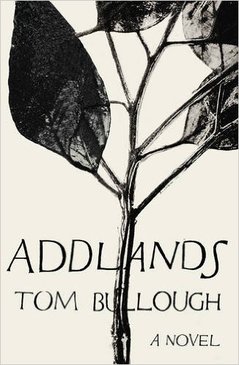 Less than a week after I published my post on how we relate to fictional characters as if they were real, I was chatting to a farmer out on the moors. He was on his quad bike looking for some motorbikers who’d trespassed on the land that feeds his sheep and cows; I was patrolling on foot enjoying the sunshine and wildlife and hoping the next people I asked to put their dog on a lead would comply. We spoke about the impact of the human footprint (and tyre) on the changing landscape, and he referred to other farmers he knew in tourist hotspots who have to contend with far more visitors. Ever conscious of my limited countryside knowledge, I wanted to tell him that I knew a farmer too. But I didn’t, because the farmer I had in mind lives in a book. So I’m telling you instead. As Norah commented on my cognitive poetics post, finding a suitable channel to sound off about our reading is part of the motivation for writing blogs.
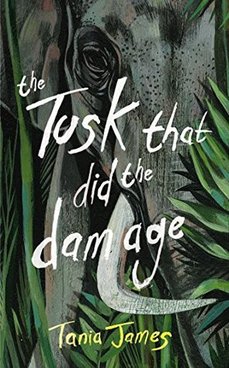 Emma and her friend Teddy are Americans visiting a forest reserve in southern India, to make a wildlife documentary about an innovative method of reuniting lost or injured baby elephants with their mothers. Manu, the younger son of a rice farmer, is drawn into the alluring world of ivory hunting following the death of his cousin by a rogue elephant. After being orphaned by poachers and kept in captivity and worked as a temple elephant, the Gravedigger has escaped his chains and is causing havoc in the villages on the edge of the forest. Through these three strands, Tania James tells an engaging and moving story of the conflicting interests in nature conservation. It’s testament to her talent as a writer that it is possible to feel sympathy for each of the flawed characters in this novel, even when none of them come out particularly well – except maybe the elephant who is, after all, just being an elephant. 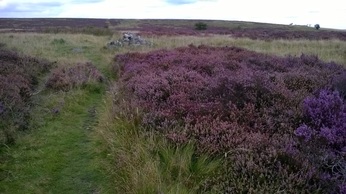 Out walking at the weekend, the latest post from Charli Mills was preying on my mind. She’s writing about feeling lost, and challenging us to write a 99-word story on the subject. I can do that, I think. Despite being trained in navigation, I often get lost out on the hills. But there’s another kind of lost that’s more than geographical; as a psychologist and writer, I’m interested in lost as a state of mind. I set out on Sunday in territory less familiar than my usual stomping ground, only intermittently checking my progress against the map. Avoiding a crowd of noisy cattle, I plunged through shoulder-high bracken, soaking my trousers with the residue of the previous day’s rain. I headed for a path I thought I recognised only to realise, ten minutes later, the rest of the topography didn’t fit. But I pressed on, seesawing between anxiety and excitement. I love discovering new corners of the landscape, finding enormous satisfaction in the moment when the strange intersects with the known. But there’s an edge of concern that I’ll delve too far into unknown territory, that I won’t make it back to base in time. 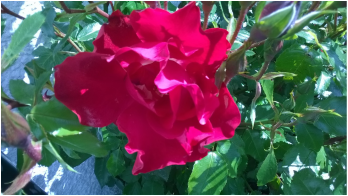 Writing last week from the hospital bedside of her dear friend, Charli Mills invited Rough Writers to compose a 99-word story featuring a rose. I immediately thought of a scene from my forthcoming novel, Sugar and Snails, in which the main character, Diana, looks back on her childhood. There’s not much of a narrative arc in this episode, but I thought I’d share it anyway, slightly amended, although it works better in context where it gains an additional layer of meaning: “Don’t think it’s all a bed of roses,” said my mother, handing me the potato peeler and nudging me towards the sink. Since my sister had left home, I’d taken to helping out with cooking and cleaning. I didn’t mind, but I was embarrassed that my mother would think I was hankering after a future as a housewife. It seemed to me that a bed of roses summed up my mother’s life exactly: perfumed petals imprisoned within a tangle of thorns. I wanted to ramble beyond the pot of soil in which she’d planted me. I wanted to bloom. 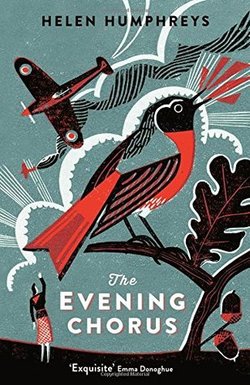 The war is barely a year old when James is shot down on his first bombing mission. Incarcerated in a POW camp, he vows to use his time productively. Instead of digging escape tunnels from which he’d inevitably be recaptured, James dedicates himself to a detailed study of a pair of redstarts nesting beyond the barbed wire. He records his observations in a notebook and in letters home to his wife. Yet the only person who really seems to understand his passion is the camp commandant. Only six months married before James was summoned to fight for his country, Rose is bored by her husband’s letters, barely able to bring herself to open them, let alone reply. Alone in a tiny cottage on the tip of the Ashdown Forest not far from where she grew up, she spends her time roaming with her dog and patrolling as an ARP warden to safeguard the blackout. She’s wondered about her loneliness for some time: at first she thought it was missing James but now it seems an existential condition. And she’s found a way to soothe it in her secret meetings with Toby, on sick leave from the war. Then James’s elder sister, Enid, is bombed out of her London flat and, with nowhere else to go, she foists herself upon Rose. With her own guilty secret, Enid isn’t the best of houseguests, while Rose is far from the perfect host. The women have more in common than they think, but their different loyalties to James prevents them becoming friends. |
entertaining fiction about identity, mental health and social justice
Annecdotal is where real life brushes up against the fictional.
Annecdotist is the blogging persona of Anne Goodwin:
reader, writer, slug-slayer, tramper of moors, recovering psychologist, struggling soprano, author of three fiction books. LATEST POSTS HERE
I don't post to a schedule, but average around ten reviews a month (see here for an alphabetical list), some linked to a weekly flash fiction, plus posts on my WIPs and published books. Your comments are welcome any time any where. Get new posts direct to your inbox ...
or click here …
Popular posts
Categories/Tags
All
Archives
March 2024
BLOGGING COMMUNITIES
|
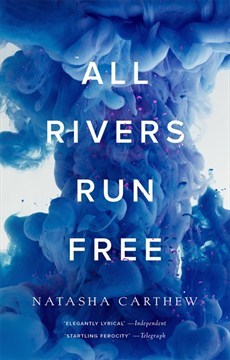
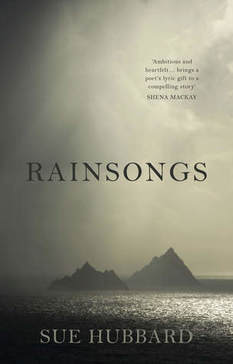
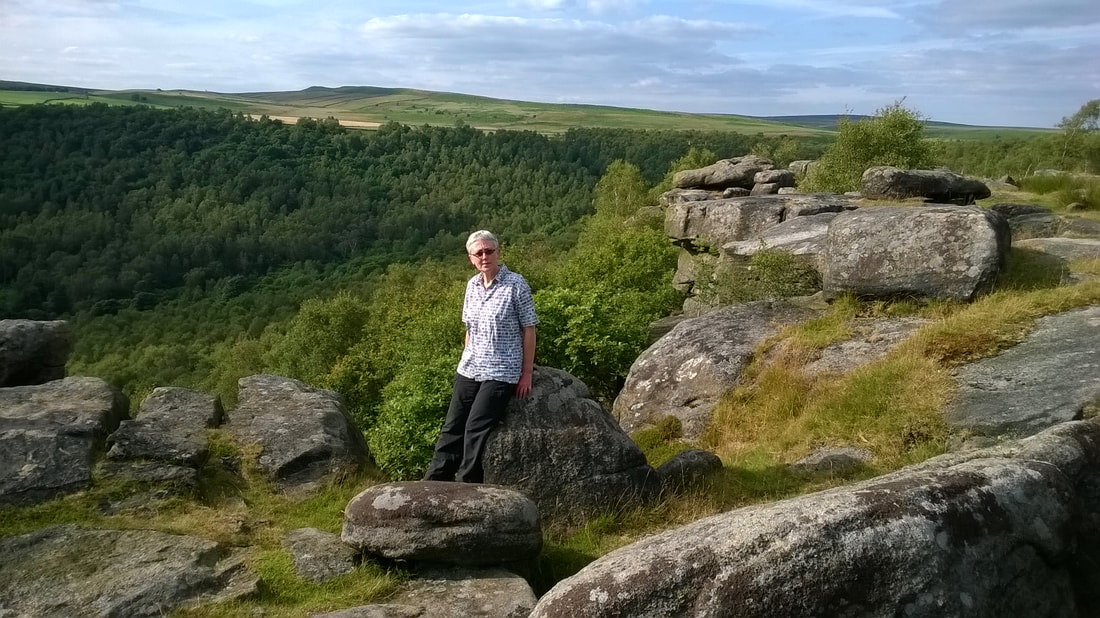
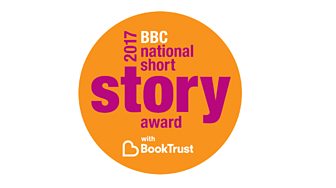
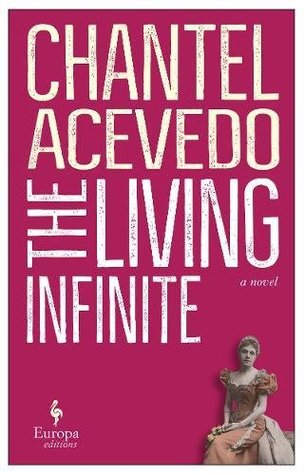

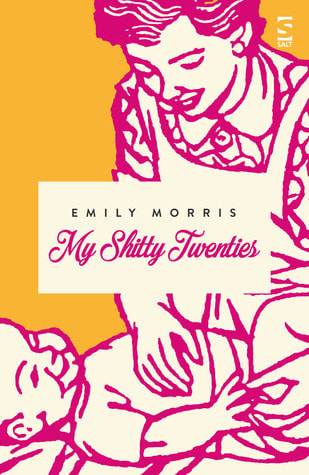
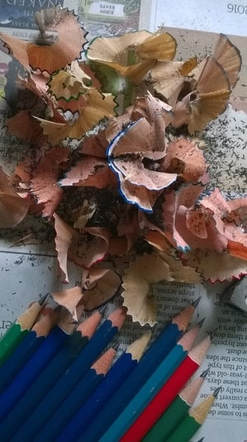
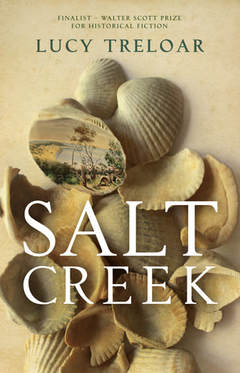
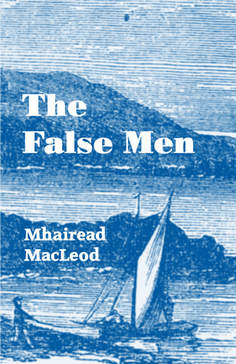
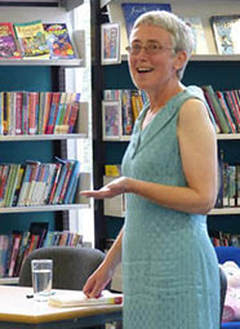
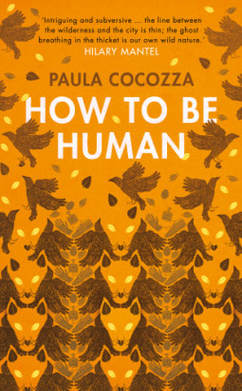
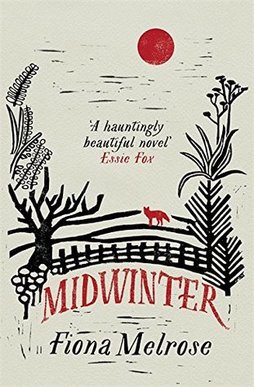
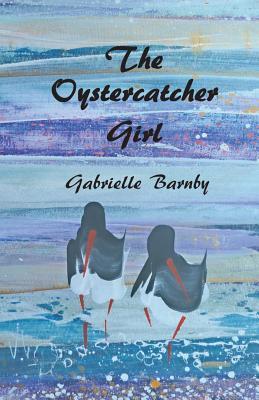
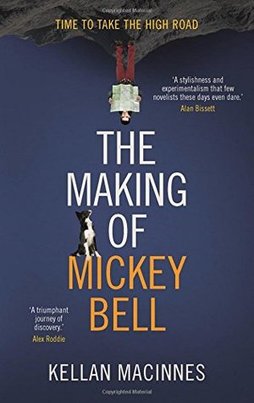
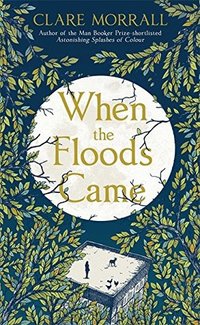
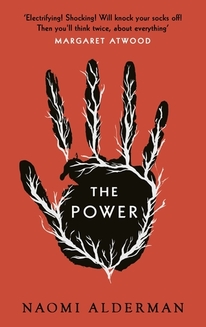
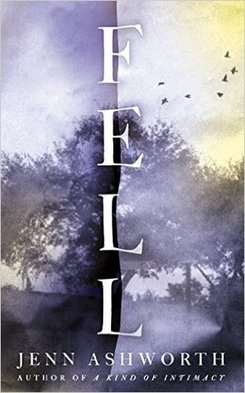
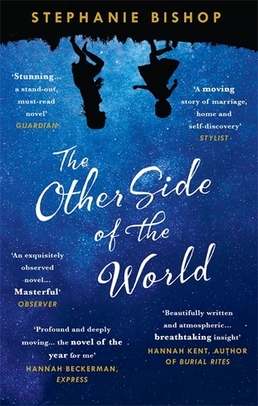
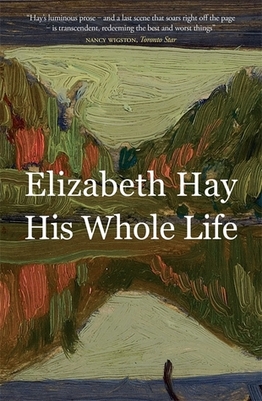
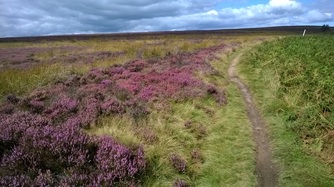
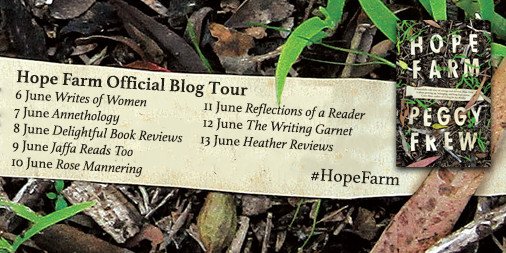
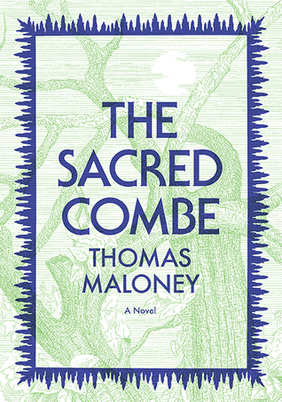
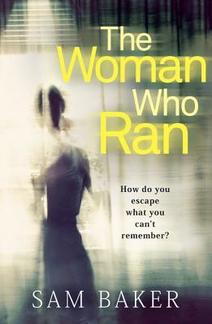
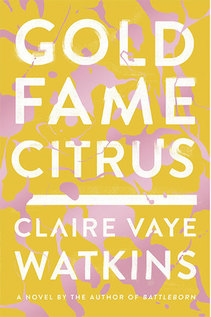
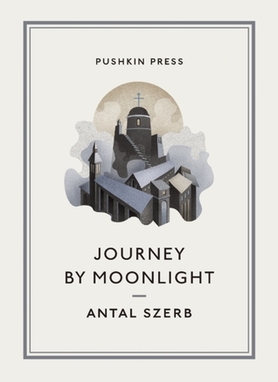
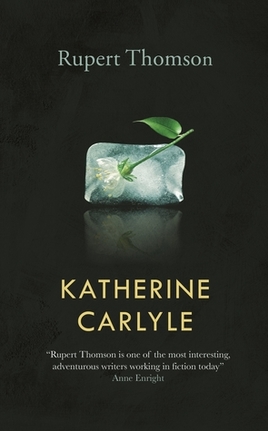
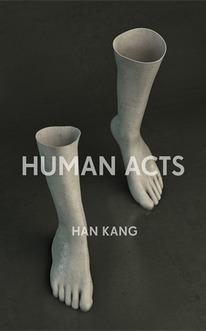





















 RSS Feed
RSS Feed





















